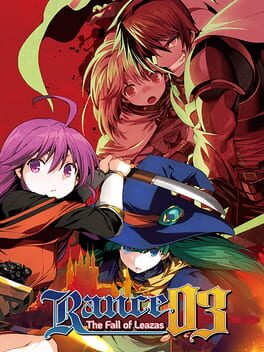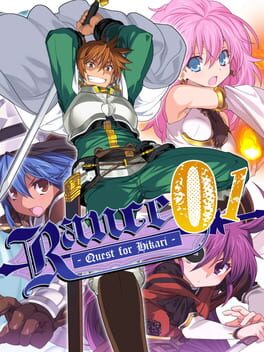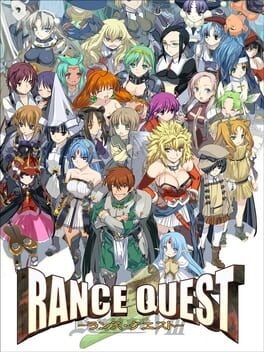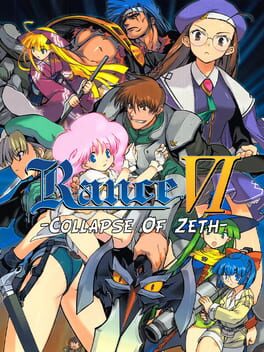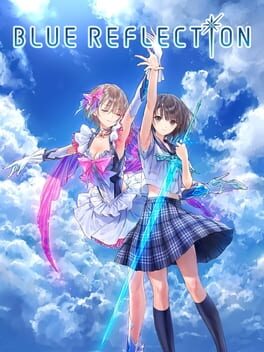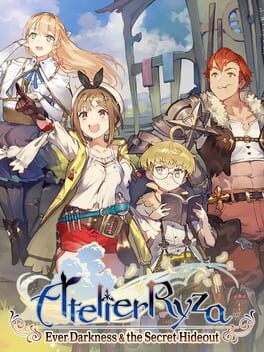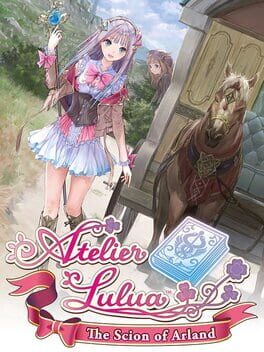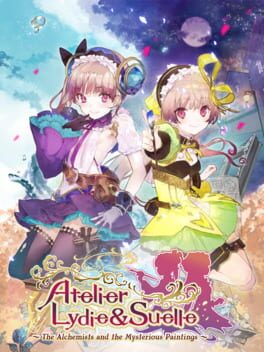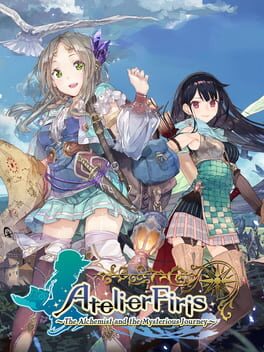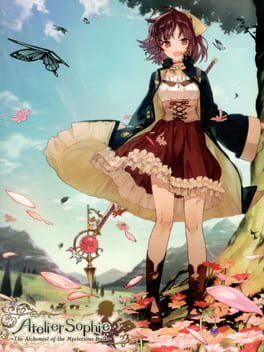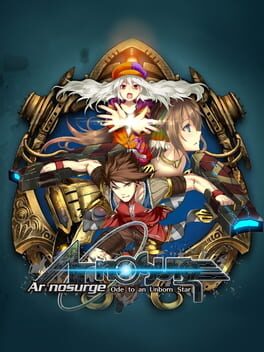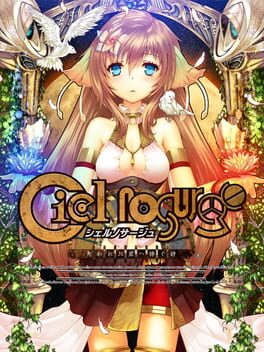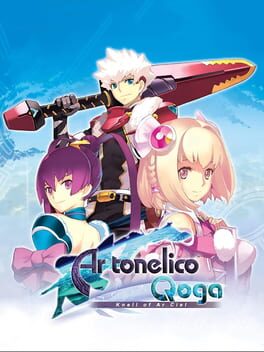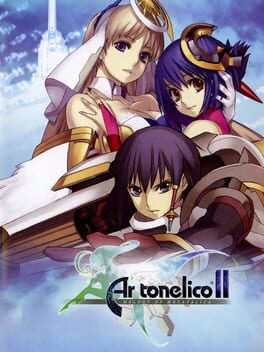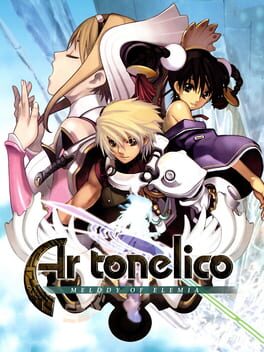moogy
Much more streamlined than 01, but that's not a bad thing. Tons of fun from beginning to end, with exciting and/or hilarious stuff happening pretty much constantly and the Rance cast everyone knows and loves. The gameplay isn't especially deep, but it's enough to enhance the experience and that's all that really matters.
It's the only Rance game with voice acting, but I think they really nailed the casting. Kazane as Kanami especially is perfect. One of the best Alicesoft soundtracks, too.
It's the only Rance game with voice acting, but I think they really nailed the casting. Kazane as Kanami especially is perfect. One of the best Alicesoft soundtracks, too.
A lot of fun if you can get into the proper mindset for it. You kind of have to accept that you probably won't see all of the content in a single playthrough (not without using a guide anyway), and just get into the mindset of sort of poking at the seams of the game to see what spills out. It's hard to really call it a JRPG, though, lol.
Probably has the best Sill design in the series.
Probably has the best Sill design in the series.
2011
Not for everyone, with its quest-based gameplay and emphasis on resource management, but it's one of my favorite RPG systems of all time and I've spent hundreds of hours with it. Disgaea fans should appreciate the grindier side of things, but you can beat the main story without going off the deep end.
The story gets pretty good during the Magnum campaign, too, laying the groundwork for the rest of the series through 10.
The story gets pretty good during the Magnum campaign, too, laying the groundwork for the rest of the series through 10.
2017
Confused game that can't really decide what it wants to be. Is it a straightforward Sunday morning sort of thing? A sleazy vehicle for fanservice? A serious, late-night "dark mahou shoujo" story? It kind of bounces around between all three of them and doesn't end up as much of anything in the end. It's hard to call the cast memorable, either.
The gameplay is also extremely repetitive and padded, mostly consisting of literal fetch quests. You could probably finish the game in less than 10 hours if you ignored the quests entirely. The base battle system is pretty good, but it's never really used for anything interesting.
Asano's battle themes are some of the best music ever composed for video games, though. I really wish they were used in a better game.
The gameplay is also extremely repetitive and padded, mostly consisting of literal fetch quests. You could probably finish the game in less than 10 hours if you ignored the quests entirely. The base battle system is pretty good, but it's never really used for anything interesting.
Asano's battle themes are some of the best music ever composed for video games, though. I really wish they were used in a better game.
Probably the most well-constructed and realized plot in the Atelier series; hiring Takahashi Yashichirou worked out very well. The story has a few silly moments, but is overall a charming coming-of-age story with surprisingly thoughtful writing. (I also liked that it had an adult man and woman who had an intimate relationship with one another that wasn't romantic in nature; that sort of thing is incredibly rare and it was nice to see here.)
The game itself is a little light on content compared to other recent entries, but the battle system couldn't be more engaging and the alchemy system is as fun as you would expect. There's a lot of room to expand both the gameplay and setting, so I'm quite looking forward to subsequent entries in the series.
I admittedly wasn't really a fan of the direction they took the soundtrack in, but it was nice to have Asano Hayato back.
The game itself is a little light on content compared to other recent entries, but the battle system couldn't be more engaging and the alchemy system is as fun as you would expect. There's a lot of room to expand both the gameplay and setting, so I'm quite looking forward to subsequent entries in the series.
I admittedly wasn't really a fan of the direction they took the soundtrack in, but it was nice to have Asano Hayato back.
Doesn't really aspire to the same heights as Firis, but carves out a place for itself with the strength of the narrative. The plot itself is basically a SoL anime, but the characters are depicted with great aplomb, with almost every scene being funny or poignant in some way. I'm not really sure why the writing in this game is so much better than in the previous two in the series, but I'll take it.
Suelle's voice acting is really wonderful.
Suelle's voice acting is really wonderful.
Legitimately one of the best (and also most underrated) JRPGs of the modern era. While the story itself isn't really any more flavorful than Sophie's, there's a huge world to explore, and the non-linear nature of the game progression sort of gives rise to a narrative all its own. The core systems are also very solid, as one would expect from the Atelier series; you'll spend just as much time crafting items as you do exploring.
Honestly this is a really wonderful game that left a major impression on me and something I want everyone to play. It's by no means perfect, but there was a ton of love put into this game -- and it has the content to match! The soundtrack is also more or less on par with Sophie's, which is no mean feat.
Honestly this is a really wonderful game that left a major impression on me and something I want everyone to play. It's by no means perfect, but there was a ton of love put into this game -- and it has the content to match! The soundtrack is also more or less on par with Sophie's, which is no mean feat.
Story/dialogue is quite bland, but the gameplay is addictive, to say the least, and it has one of the greatest soundtracks of all time. Almost every single song is a winner.
I also appreciated the more involved combat/character growth in Sophie, and was kind of sad these elements were toned down in subsequent Fushigi games.
I also appreciated the more involved combat/character growth in Sophie, and was kind of sad these elements were toned down in subsequent Fushigi games.
2012
Starts as just your standard JRPG plot with a weird setting, but eventually becomes something pretty special. Tsuchiya is a real visionary, one of the few designers who has consistently tried to use games to tell stories you can't tell elsewhere, and it all started here.
Really, just boot up the game and listen to Utau Oka. That was enough to capture my heart forever.
Really, just boot up the game and listen to Utau Oka. That was enough to capture my heart forever.
